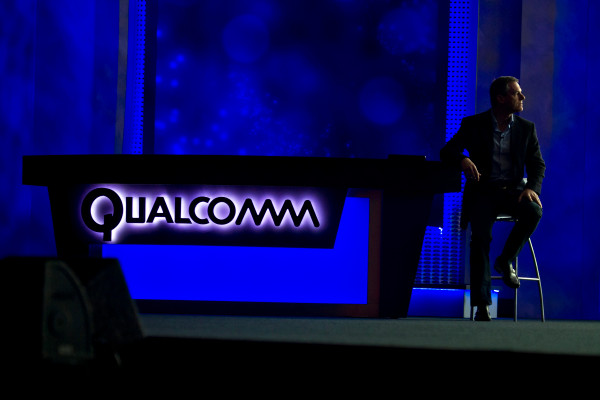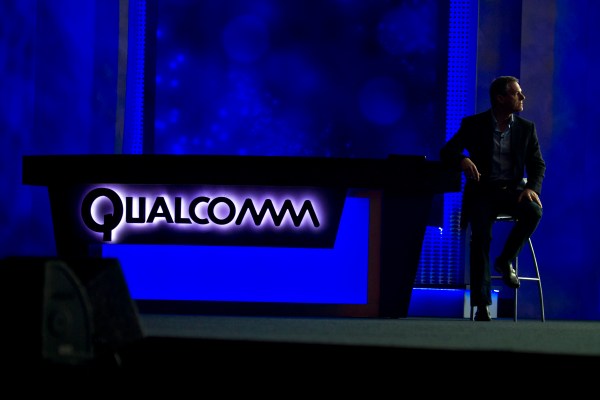

The ongoing saga continues. Qualcomm has once again postponed the deadline for completing its proposed acquisition of NXP following concerns voiced by the Ministry of Commerce in China.
The deal was first announced in October 2016 and things seemed to be progressing when Qualcomm raised its offer this past January to take the value of the deal from $38 billion to $44 billion. The company sought to close the transaction by April 25, but that has now been extended to July 26 as Qualcomm has been forced to refile for approval in China.
The deal is critical for Qualcomm in order to diversify its business beyond mobile and its traditional licensing model, and NXP has been identified as a must-buy thanks to its strong footprint in automotive and other growth segments.
Yet despite approval from the Federal Trade Commission, which Qualcomm pointed out has now been renewed, things could get a little complicated given the ongoing trade war between the U.S. and China.
Over the past month, President Trump announced trade tariffs on about $60 billion of Chinese goods, a sizeable chunk of which are the within the high-tech industry.
Deals-wise, the Trump administration countered Alibaba’s attempt to buy MoneyGram for $1.2 billion (despite Jack Ma cozying up to Trump ahead of time) and it also shot down Broadcom’s efforts to acquire Qualcomm on account of national security, with Qualcomm itself keen on chopping the deal.
The U.S. has also made strong moves against Chinese equipment makers, again in the name of security. Huawei has reluctantly backed off the U.S. market after losing out on previously arranged carrier deals, while this week the government banned U.S. companies from selling components to ZTE.
All of this activity raises the possibility that China may use the Qualcomm-NXP deal to strike back. Comments from the Chinese ministry — reported by the FT — doesn’t exactly pour cold water on that scenario.
“This deal has a wide influence, and may have a negative impact on market competition,” a ministry spokesman said, adding that “an initial investigation shows Qualcomm’s plan cannot easily solve the problems relating to market competition.”
Qualcomm has suffered problems in China before. Two years ago it was fined nearly $1 billion for alleged anti-competitive practices. The company has since signed deals with a range of Chinese phone makers that include Xiaomi, Lenovo, Oppo and Vivo, but this time it needs the government’s full buy-in.
This issue isn’t new but Qualcomm’s move to refile shows it is very real. TechCrunch’s Danny Crichton explored China’s role in Qualcomm-NXP last month, ultimately concluding that the deal may well be passed but with concessions that further China’s own semiconductor ambitions:
Ultimately, I predict the NXP transaction to be approved. For all of the trade negotiations and complex strategies going on here, China needs to be seen as a place open to doing business, now more than ever as its trade practices are placed in the spotlight. However, that doesn’t mean it won’t exact serious concessions from Qualcomm, which could further erode the company’s revenues and standing in China.
It’s going to be a pivotal couple of months for Qualcomm.

